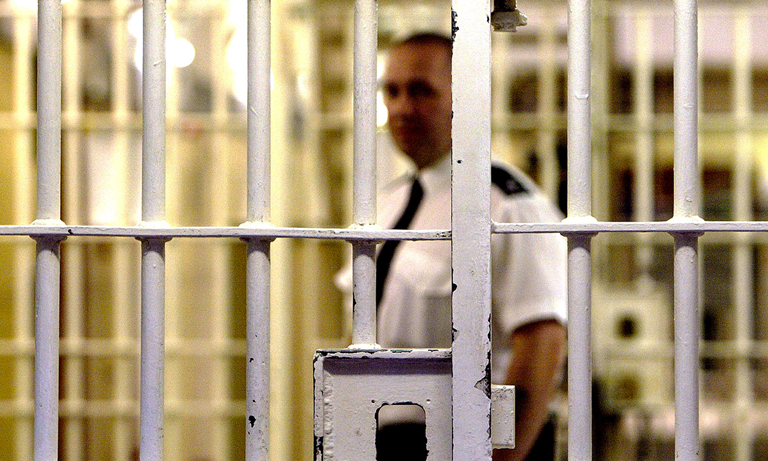 Having reached the lowest point of his life, he resolved to make a difference
Having reached the lowest point of his life, he resolved to make a differenceRecent news headlines have lauded the fact that unemployment figures in the UK are currently at around 4.9%, the lowest since July 2005. Despite a two-year government recruitment campaign that sought to increase staff number in the prison system after a fall in 2013 and 2014, the Howard League for Penal Reform has published a report indicating that numbers continue to decline.
At the same time, the number of offenders sentenced to serve time behind bars is on the rise. This, the charity warns, has resulted in a dangerous situation, with human misery, violence and even death on the rise in our prisons.
The problem appears to have started after a 10% cut in prison officers in the period between 2010 and 2013, which preceded a sharp increase in violence and suicides. A combination of staff reductions and issues with recruiting and keeping new staff members exacerbated the problem within the prisons, with Ministry of Justice (MoJ) figures showing a 30% rise in the number of deaths behind bars in the last year and a 27% increase in incidents of self-harm amongst prisoners.
According to the director of campaigns at the Howard League, Andrew Neilson, the fact that most prison inmates will be released back into the community at the end of their sentence means that we need to seriously consider what happens to them on the inside. Reducing resources whilst prisoner numbers continued to rise has created a ‘toxic cocktail’.
It may therefore come as no surprise that people seeking employment or a change of career are not considering becoming prison officers. Most jobseekers are looking for security not only in terms of their income but also in terms of personal safety. Regular newspaper headlines reporting assaults on prison staff will no doubt be discouraging people from applying for open positions.
Former prime minister David Cameron declared back in February, whilst still in office, that we needed wholesale reforms, including greater transparency within the system and handing prison governor greater control with regard to the education of prisoners. He also suggested that prisoner should be treated more like assets and less like liabilities, concluding that the UK could lead the way in prison reforms and make a “lasting difference to people in our society” as long as the agenda was right.
Commendable as the erstwhile prime minister’s plan may have been, the fact remains that the MoJ is still struggling to get the right people into prison officer positions. The first step would appear to be taking a long hard look at how prisons can be made safe, both for rehabilitation and for the people working within them.
Join Over 40,000 Recruiters. Get our latest articles weekly, all FREE – SEND ME ARTICLES
Recruiters love this COMPLETE set of Accredited Recruitment & HR Training – View Training Brochure








